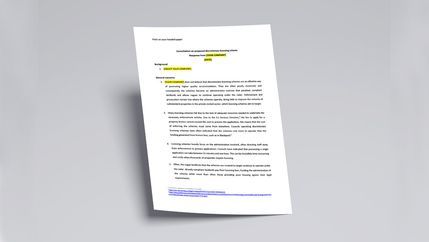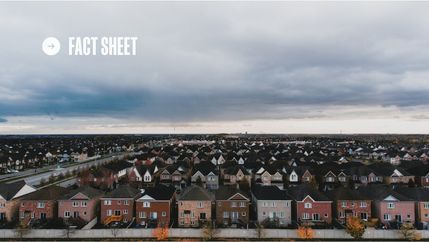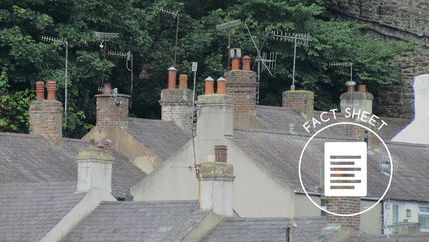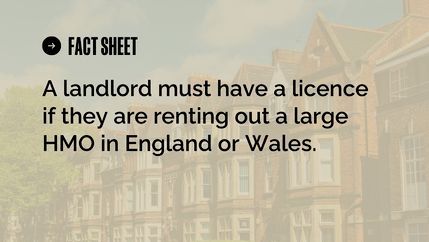What landlord licensing means for letting agents
Landlord licensing schemes are used by local authorities to regulate parts of the private rented sector. They typically require landlords (and in some cases managing agents) to apply for a licence, meet specific conditions, and demonstrate that properties are being managed to an acceptable standard. For letting agents and property managers, licensing can affect day-to-day operations, including tenancy onboarding, property compliance checks, landlord advice, and ongoing management processes.
Local authorities can take enforcement action where landlords fail to obtain the correct licence or do not meet required management standards.
Types of landlord licensing
Licensing is not a single scheme. There are three main types that may apply, depending on the property type and location.
Mandatory HMO licensing applies across England and Wales and covers larger HMOs that meet the legal definition under national rules. These licences include minimum standards relating to safety, management, and amenities.
In England, any property let to five or more people from two or more separate households must be licensed.
In Wales, any property with three or more storeys let to at least five occupants who do not form a single household must be licensed.
Additional licensing applies to HMOs that fall outside mandatory licensing requirements. Local authorities may introduce additional licensing where they believe a significant proportion of HMOs in an area are being poorly managed or causing problems for tenants or the wider community.
Member resources and support
Our resources are designed to help members understand the different licensing schemes, advise landlord clients with confidence, manage compliance, and respond effectively to new proposals in their area. Member support includes our comprehensive fact sheets, template responses for local authority consultations, and access to member helplines for technical guidance.
Our campaign activity and policy work
We believe licensing schemes should focus on clear outcomes and measurable improvements without placing unnecessary burdens on responsible landlords and agents. They should be designed using robust local evidence, include consistent and transparent enforcement, and avoid duplication with existing powers and regulatory requirements.
Where licensing schemes are ineffective, poorly justified or inconsistently applied, we raise concerns directly with local authorities and governments.
Propertymark represents members at national and local level to improve how licensing is designed and implemented. We work to ensure schemes are fair, consistent, and genuinely focused on improving housing standards. Our work includes:
- responding to local and national consultations on licensing proposals
- engaging with local authorities on scheme design, evidence thresholds, and practical implementation
- calling for consistent standards across councils to reduce confusion and duplication
- highlighting the operational and financial impact on landlords and agents
- promoting best practice approaches that support compliance and improve outcomes
- championing the role of professional letting agents in improving standards
We regularly publish updates and briefings on licensing proposals and developments affecting the private rented sector.
Our latest consultation responses
Engagement, not licensing, is the key to higher standards
Propertymark has responded to consultations about plans to introduce additional or selective property licensing schemes in Enfield, Reading, and Wandsworth. We have objected to all the proposals because we strongly disagree that licensing is the best method to improve housing stock within the private rented sector (PRS).
Local short-term let rules are the only way to ensure balance
Responding to the Department for Culture, Media and Sport (DCMS) consultation on the registration options for a short-term lets (STLs) licensing scheme in England, Propertymark stated that any scheme should not be compulsory for local authorities if they can prove they are having no impact on private rented sector supply in their area.
Restrict licensing to priority areas only
Recognising the fact that some members in Wales operate for landlords of short-term holiday lets, Propertymark has responded to the Welsh Government’s consultation to establish a statutory licensing scheme for all visitor accommodation in Wales.







